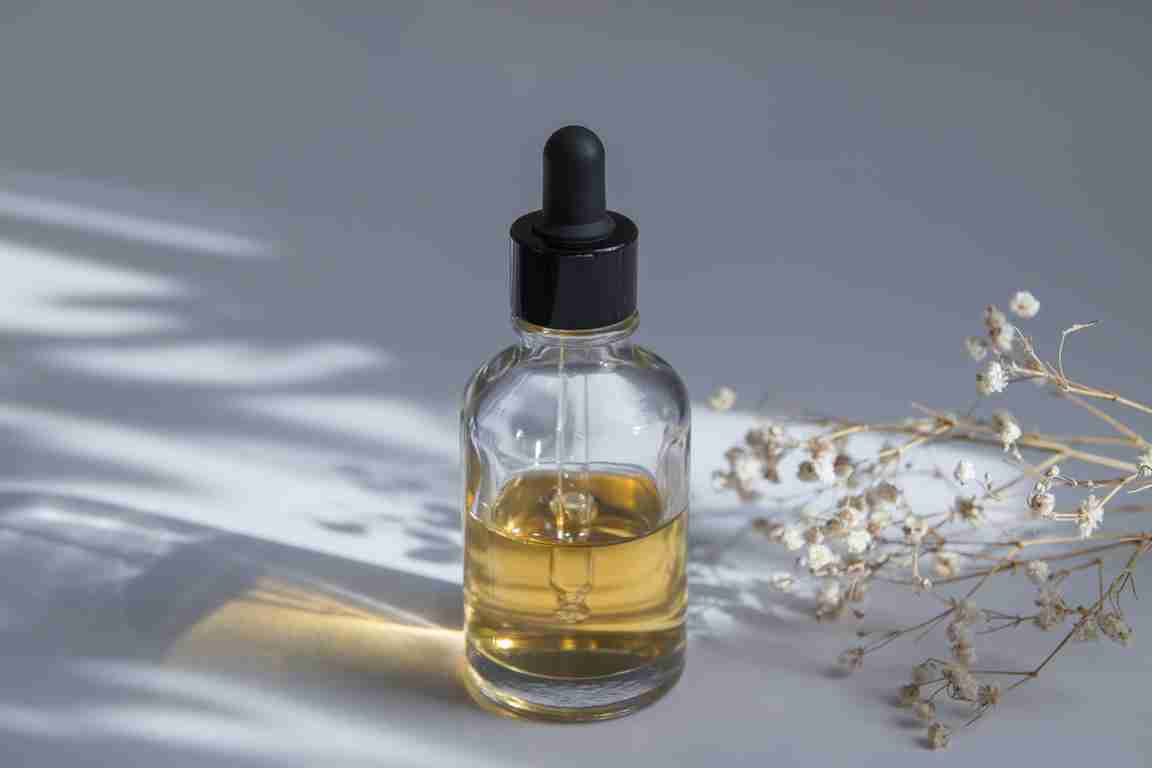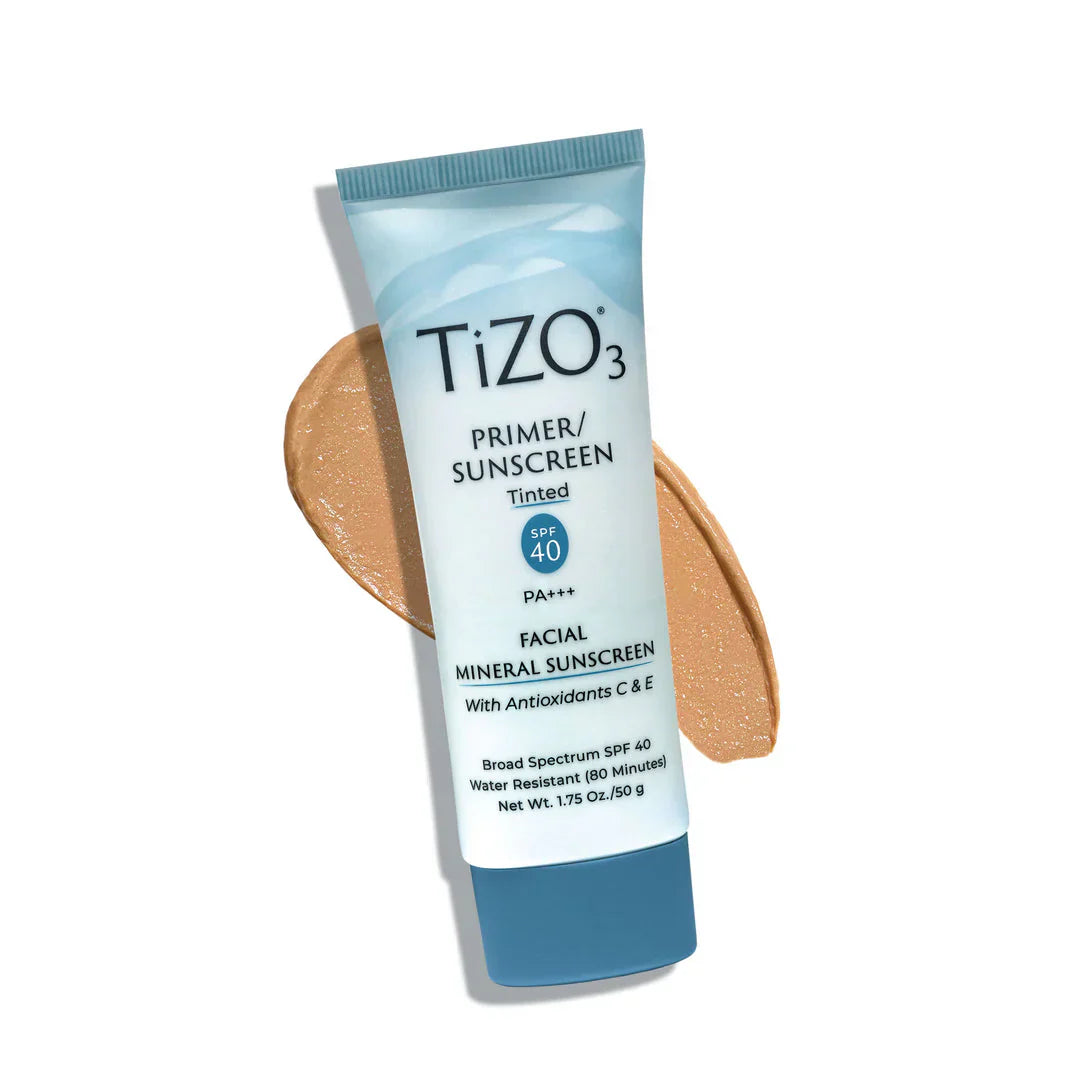In the skincare world, there seems to be an endless array of products promising to deliver youthful, radiant skin. Among these products, serums have gained significant popularity in recent years. You may have encountered this term while browsing beauty blogs or exploring the skincare aisle at your favourite store. But what exactly are serums, and do you need one? In this blog, we'll delve into the world of serums and their benefits and help you determine whether they are an essential addition to your skincare routine.
What Is A Serum?
A serum is a skincare product with a gel-like or liquid consistency. It typically contains a higher concentration of active ingredients such as vitamins, antioxidants, peptides, and hyaluronic acid. These potent ingredients are formulated to penetrate deeper into the skin, working at a cellular level to address specific concerns.
What Are The Benefits?
Using a serum can offer numerous benefits for your skin. Here are some of the advantages they provide:
- Enhanced Hydration: Serums with hyaluronic acid or humectants can boost skin hydration, making it plump and supple.
- Targeted Treatment: Serums can address specific skincare concerns like aging, dullness, uneven texture, acne, and sensitivity.
- Brightening and Even Complexion: Some serums contain ingredients like vitamin C or niacinamide, which can help improve skin tone and reduce the appearance of dark spots.
- Antioxidant Protection: Serums packed with antioxidants provide protection against free radicals, helping to prevent premature aging and damage caused by environmental factors.
Do I Actually Need A Serum?
The decision to incorporate a serum into your skincare routine depends on your individual needs and goals. While not essential, serums can be highly beneficial for those looking to target specific concerns or enhance their skincare regimen. If you're unsure, you can start with a basic skincare routine and gradually introduce a serum to see the results for yourself.
Types Of Face Serums And Ingredients
Serums come in various formulations to address specific skin concerns. Let's explore some common types of serums and their key ingredients:
Anti-Aging Serums
These serums often contain ingredients like retinol, peptides, or vitamin C to target fine lines, wrinkles, and loss of elasticity.
Recommended Products:
Skin-Brightening Serums
Ingredients like vitamin C, niacinamide, and licorice extract help to even out skin tone and reduce hyperpigmentation.
Recommended Products:
Hydrating Serums
Hyaluronic acid or glycerin serums provide intense hydration, replenishing moisture and improving skin texture.
Recommended Products:
Free-Radical Fighting Serums
Antioxidant-rich serums with ingredients like vitamin E, green tea extract, or resveratrol help protect the skin from environmental damage.
Recommended Products:
Acne and Sensitive Skin Serums
These serums often contain ingredients like salicylic acid, tea tree oil, or aloe vera to soothe inflammation, control oil, and reduce breakouts.
Recommended Products:
Skin Texture Serums
Serums with exfoliating ingredients like AHAs or BHAs help refine skin texture, minimise pores, and promote a smoother complexion.
Recommended Products:
How To Use A Serum
To maximise the effectiveness of a serum, follow these general steps:
- Cleanse your face thoroughly.
- Apply toner if you use one.
- Take a pea-sized amount of serum and gently massage it into your skin.
- Allow the serum to absorb fully before applying moisturiser and sunscreen.
Frequency of Face Serum Application
The frequency of serum application depends on the specific product and your skin's tolerance. Most serums are recommended to be used once or twice daily, but it's essential to read the instructions and start slowly, especially if you have sensitive skin.
The Bottom Line
Serums can be valuable to your skincare routine, providing targeted treatment and addressing specific concerns. However, they are not a one-size-fits-all solution, and individual results may vary. Consider your skin type, concerns, and goals before incorporating a serum into your regimen.
Remember, consistency is key when it comes to skincare. Give your skin time to adjust and monitor the effects of the serum. If you have any concerns or questions, consult with a professional who can provide personalised advice.
Don't forget to explore our website, The Science of Beauty, where you can find a wide range of high-quality serums that cater to various skin concerns.
We hope this guide has helped demystify serums and their benefits. Here's to healthy, radiant skin!



